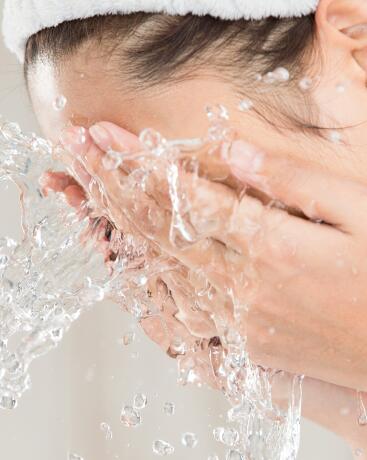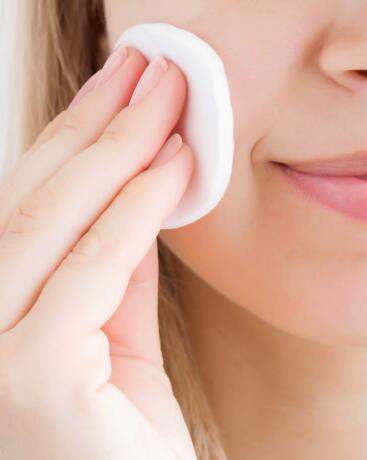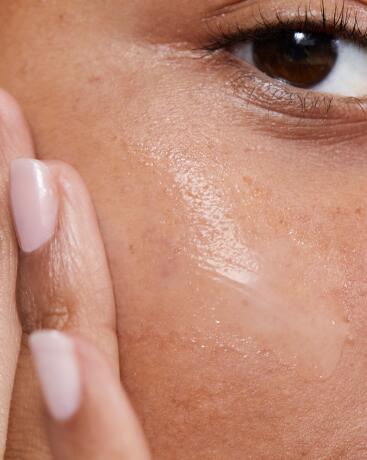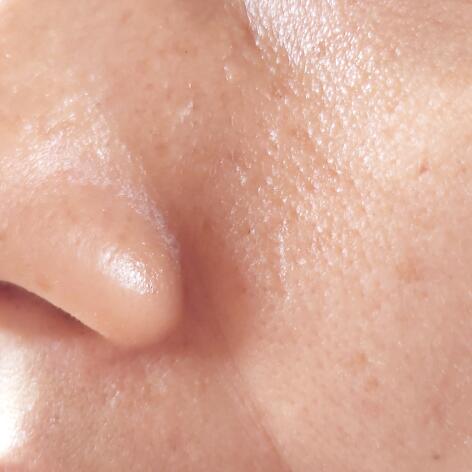What is oily skin?
What do you know about hyperseborrhea? This is the scientific term for oily skin. Hyperseborrhea occurs when there is an excess of sebum: an oily substance secreted by the sebaceous glands to protect the epidermis from external aggressors. The skin then takes on a shiny appearance, sometimes referred to as glowing. This phenomenon, which lays the groundwork for pimples and blackheads to appear, is therefore not pleasant. Fortunately, there are solutions available to control the overproduction of sebum and purify the skin.
The signs of oily skin
Oily skin is quite easy to identify, as certain clinical signs are typical of hyperseborrhea. First of all, excess sebum makes the skin oily and shiny, especially in the T-zone (forehead, nose and chin). Also characteristic of oily skin are uneven skin texture, enlarged pores, the presence of comedones (the famous blackheads and whiteheads) and make-up not staying on the skin.
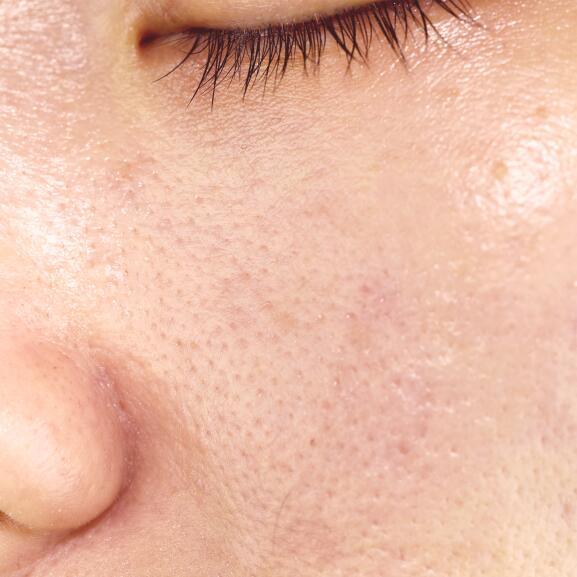
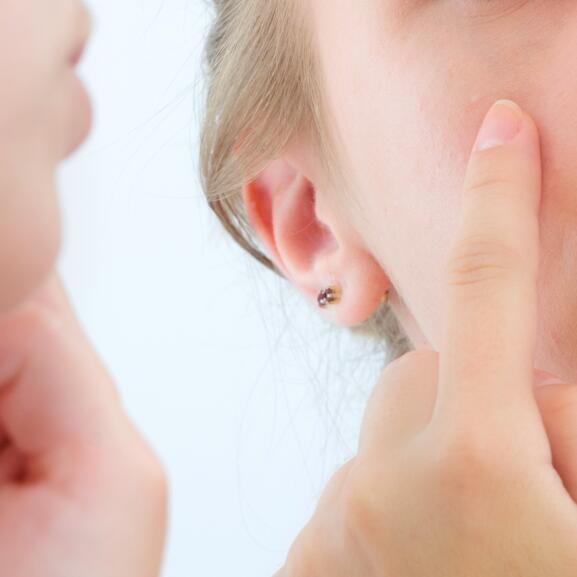
What causes oily skin?
Why do we get oily skin? There is not one answer to this question. The occurrence of excessive sebum production can be due to a variety of factors. So what is responsible for excess sebum? The reasons are primarily endogenous, i.e. they depend on internal causes, such as heredity or hormonal imbalances (especially during adolescence, which can cause acne).
The causes can also be external, such as the occurrence of stress, pollution, exposure to tobacco or changes in temperature.
Note that in adulthood, men are more prone to oily skin as androgens (male hormones) stimulate sebum production.
Where does oily skin occur on the body?
Sebum is a physiological secretion of the sebaceous glands. These glands are not evenly distributed over the body. This is why some areas get oilier than others. The areas richest in sebum are the face (especially the T-zone: forehead, nose and chin), as well as the scalp, upper back and chest. Excess sebum is accompanied by small blackheads (comedones). Finally, the presence of fatty acids in sebum facilitates the proliferation of certain bacteria that trigger the inflammatory phase of acne.
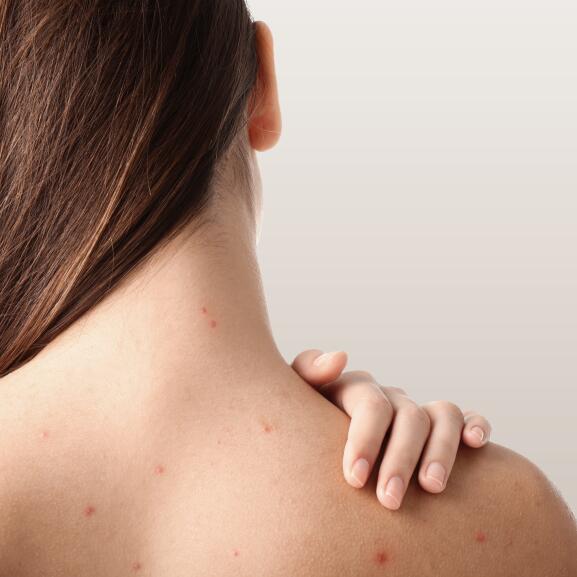
The trio of a winning skincare routine for oily skin
Oily skin requires regular care. Your skincare routine should include three steps. The first is cleansing. Then hydration. That’s right, even oily skin needs to be hydrated. And lastly, never forget to apply a high SPF sunscreen.
Oily vs combination skin: not to be confused
Skin changes with age: oily skin in adolescence generally becomes mixed in adulthood.
Oily teenage skin
In adolescents, the overproduction of sebum, and therefore oily skin, affects the entire face. Blemishes can develop on the face as well as on the shoulders, upper back and chest.
Combination skin
As the name suggests, combination skin is neither completely dry nor completely oily; it’s a bit of both. As we age, sebum production naturally decreases. Oily skin tends to be concentrated in the middle of the face: the famous T-zone. On the rest of the face, which is less rich in sebaceous glands, the skin is more likely to be normal or even dry.

Friendly advice from our experts
The health of your skin and the effectiveness of your skincare also depend on your lifestyle. A healthy diet and adequate hydration are therefore essential. Smoking, alcohol and stress should be avoided.
Everything you need to know about skin pores
Pores are essential to the health of our skin. They act as a gateway for nutrients and an outlet for impurities secreted by the epidermis. They are also essential for letting the skin breathe. The problem is that, in the case of oily skin, all sorts of impurities can clog pores (resulting in those dreaded blackheads!) and “suffocate” the skin. To ensure that the pores can continue to perform their functions, it is therefore essential to clean the skin thoroughly in the morning and evening. It’s best to use non-comedogenic products (for both skin care and make-up) which by definition will not clog the pores of the skin.
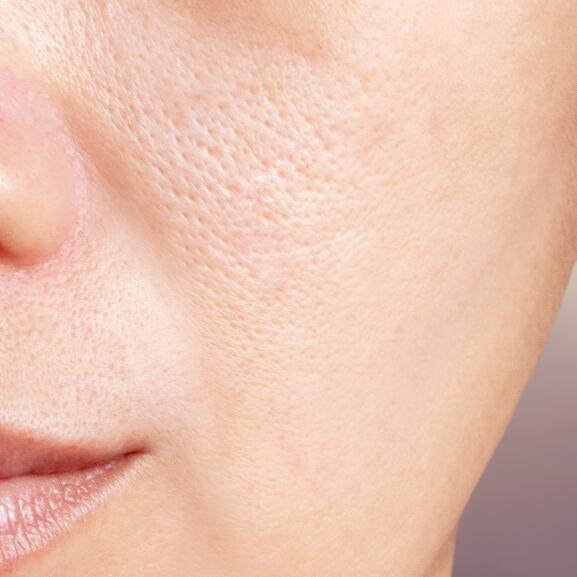
OUR ANSWERS TO YOUR QUESTIONS
To sort the true from the false: that's what we're here for.
This is false. The shiny appearance of oily skin can suggest that it is overly moisturised. But let's not confuse "fat" with "water". Although it may seem surprising, oily skin can also be dehydrated, because while it may not be lacking in oil, it may be lacking in water deep down. As well as being cleansed, your skin will need to be hydrated with products specifically developed for your skin type. Why? They can regulate excessive sebum production, limiting shine while helping your skin maintain its moisture and suppleness.
This is both true and false. Even the sun has its shadows! Although it seems to dry out the skin at first and reduce some types of inflammatory lesion (such as acne pimples), the sun is actually contributing to the skin thickening and the overproduction of sebum. When autumn comes back around, the skin suddenly becomes oily again and blemishes reappear. This is known as the "rebound effect". Even in summer, and even if your skin looks "clean", maintain a good skincare routine and especially good sun protection.
This is false. Cleansing the skin in the evening helps eliminate excess sebum and aggressors accumulated during the day (pollution, etc.). But sebum production doesn’t stop at night; this is why gentle cleansing in the morning is also recommended. Cleansing in the morning allows you to apply your skincare products on clean skin, making them more effective. Bonus tip: spraying your skin with Avène Thermal Spring Water in the morning will wake up your skin and prepare it for your skin care.
OUR SOLUTIONS TO TAKE CARE OF OILY SKIN
Our Cleanance products are designed to help you feel more comfortable in your skin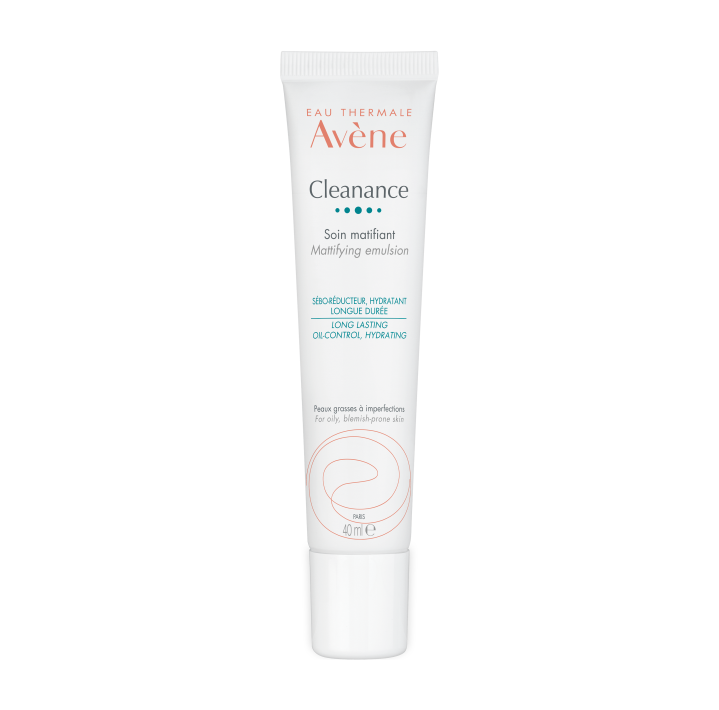
CLEANANCE MATTIFYING EMULSION
The only cream I’ve found that doesn’t create shine (which usually happens after 2 hours with any other cream on my acne-prone skin). It’s perfect! My only regret is not discovering it earlier ;)!
MORE
NEWSLETTER
We're always here for your skin!
All our advice on how to take care of your skin day to day.
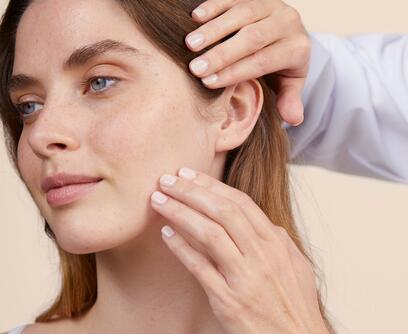
Which skin care routine should you adopt?
Identify what it really needs with the help of our experts and discover the most suitable skin care routine for you.

